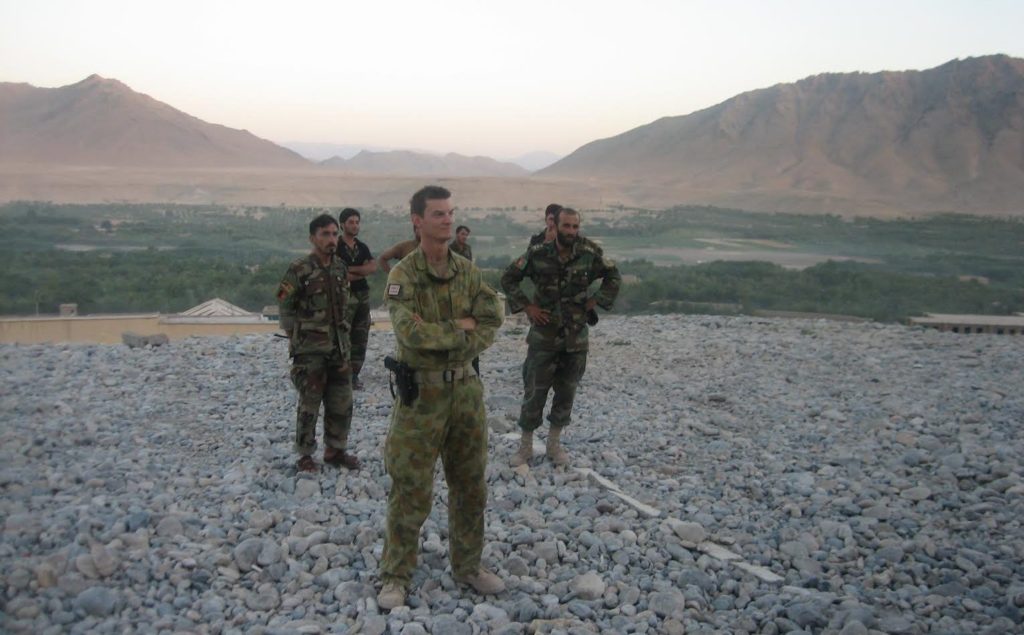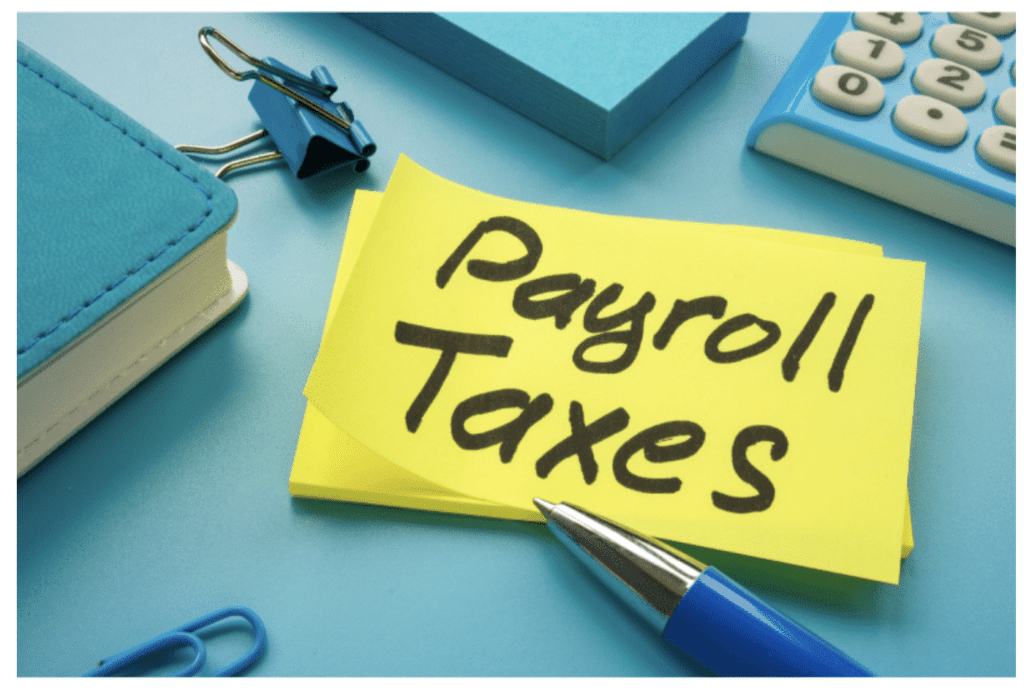A Conversation with Brenton Russell

Edit: As of 2018, the VVCS changed their name to Open Arms – Veterans & Families Counselling.
Learn more about Open Arms: Veterans & Families Counselling here.
Brenton Russell was going through a hard time. After working for 15 years as an Infantry Officer in the Army, he had become accustomed to the demands of military life. Deployed overseas multiple times to war zones like East Timor, Iraq and Afghanistan, he enjoyed the experiences and describes his time in the Army by saying, “It was challenging, it was busy, it was also exciting and adventurous”. Yet coming home was a different story.
When it was time to return to civilian life, he felt uncertain, alone and misunderstood. As he puts it, “…you’re leaving an environment that you understand and an environment that understands you for an environment that (1) you don’t understand and (2) the environment doesn’t understand you either.”
Traditionally, transitioning to civilian life is challenging for members of the military and Brenton’s experience was no different. He and his wife decided to separate after his return and as you might expect, their children needed additional support. Not only did the children have to get used to their parents living apart, but because they’d moved frequently over the years — as many children of military personnel do — they also had the challenge related to multiple relocations.
Fortunately, Brenton turned to Veterans and Veterans Families Counseling Service for help.
What is VVCS and Who Does it Help?
Veterans and Veterans Families Counselling Service — or VVCS as it’s more commonly called — helps veterans by providing support and counselling services.
The organisation was initially called Vietnam Veterans Counselling Service and was established by the Australian government in 1982. Although the focus was on helping Vietnam vets, the government realised that all Australian vets could benefit from these services, so the organisation was renamed VVCS in 2007 to better reflect the organisation’s mission.
Professor Jane Burns, the Chair of VVCS, says that today, VVCS helps “anyone who has served in the ADF for at least one day of continuous full time service. And by the ADF, we are talking about the Army, the Navy, the Airforce and the Reservists who have served in domestic or international disaster relief operations … really anyone who has done active service and their family members. There’s no eligibility other than you’ve had to have served in the ADF. You don’t have to have been diagnosed with something to use the service.”
Burns emphasises that although most people think of the organisation as helping veterans, it’s also really valuable for veterans’ families too. She says, “So often the partners go through a really difficult time as well, you know with their partners on multiple deployments, coming back into families can be challenging.”
What Issues Does VVCS Help With?
VVCS provides a holistic service, helping with virtually any challenge veterans and their families face. Burns explains, “VVCS provides counselling support for depression, anxiety, PTSD, drug and alcohol problems, but also support for things like anger management, relationships and work stress.
“The other thing that I think makes it quite unique is that its support is stepped care, so if there’s PTSD and a need for greater clinical care, we will support the person to find that care.”
And as with Brenton Russell, Burns agrees that transitioning out of the military can be a stressful experience. She says, “That’s a really difficult time and often the most challenging time because, you’re leaving, you may not know what job you’re going to, you may not want to be leaving but you may have a medical condition that’s forcing you to leave, so getting in touch when you’re transitioning out [is a good idea]. We’d be pretty keen to say everyone should be in touch to do a bit of a check-in.
“The message we’re all keen to get across is that help is here, that the counselling service is available, it’s free of charge and that the sooner [VETs] get into care, the greater their chances of recovery.”
Burns also indicates that often people don’t recognise when things are becoming problematic which is why just talking to someone at VVCS can be so valuable. “Things like sleep disturbance can be a sign that something’s not going well. Anger is another one. So is feeling restless or stressed.
“So rather than waiting until the signs everyone talks about, such as depression or anxiety, what we’re actually saying is [think of this service as] a trusted friend. A trusted service. Something that you can use to keep yourself well and on track,” she says.
What Services Does VVCS Offer?
VVCS offers a number of services useful to veterans and their families. One of the main services the organisation provides is counselling and outreach. In addition to psychology-based services like cognitive behavioural therapy, VVCS also recognises the value of veterans helping veterans and offers peer-to-peer support.
“Although these veterans don’t take on a professional role in terms of clinical care, they can bridge the gap,” Burns says.
The organisation also offers group therapy for veterans, their partners and their children, covering diverse topics like relationship management and anger support.
With a focus on professional development, VVCS has started running webinars with experts. Burns says, “The Director of Medical Services, a psychiatrist at Toowong Private Hospital called Andrew Khoo (pictured) is a specialist in PTSD. We run a webinar with Andrew Responding to and Treating Post Traumatic Stress Disorder: What Works?’ So literally anyone can jump on and listen to it as the conversation is happening, or after, on the At Ease website. The panels always include a specialist and a veteran who has gone through the experience themselves.
Finally, VVCS offers a lot of educational material to help veterans and their families understand what they’re experiencing and how those experiences may be impacting them. Some of these materials can be found on the At Ease website operated by VVCS.
Burns explains, “The At Ease website is a suite [focused around] positive psychology and resilience building. It’s a great resource for both current serving defence personnel and veterans.”
The site also offers four different mobile apps to help veterans manage problems related to suicidal thinking, stress, alcohol consumption and PTSD.
VVCS’ Philosophy on Continuous Improvement
Improving the quality of care for veterans is a role VVCS takes seriously. Burns says, “[We’re] looking at new and emerging research and what it means to put research into practice. And so, things like the Peer-To-Peer Support program are being done as a trial.
“There’s an incredible trial at the moment called The Stepping Out: Attention Reset Trial (SOAR) developed by Professor Yair Bar-Haim from Tel Aviv University.
The trial is a partnership between VVCS, Phoenix Australia and the Department of Veterans Affairs to test a ground breaking technology innovation. “It’s a very simple 10-minute intervention which they’re calling for people to participate in around pre-deployment and post-deployment in the management of PTSD. A key focus of the computer-based training program is in addressing hypervigiliance and avoidance following military service.
“VVCS also partners with universities that specialise in defence and veterans research. So again, [VVCS is] quite unique as a service model in that it looks at the translation of research across to practice and then across into policy.”
How Can Someone Get Help from VVCS?
Burns explains that it’s easy to get involved with VVCS, “You can call the 1-800 number or you can jump online and have a look at the service and go into the physical centres. There are 25 centres around Australia.
“We also offer support outreach, so if you’re not comfortable coming into the centre, there’s outreach — either a person will come out to see you at a designated spot or increasingly, depending on what the client wants, we offer a tele-psychiatry service, so Skype calls.
“There is no wrong door, the purpose is to get people into the kind of care they want, early in the course of what might be going on for them, so that we can prevent, hopefully, some of the more challenging illnesses that people can be exposed to.”
What Doctors Need to Know About VVCS
“We want all doctors to be aware of [VVCS] and to have that conversation with someone if they are currently serving in the military or transitioning out of defence and/or a veteran,” Burns says. She adds, “[This service] doesn’t cost anything, so it’s completely free of charge, and it’s available for people 24/7 when they need it the most.” Certainly this was Brenton Russell’s experience.
Brenton Russell & His Family Got Help from VVCS
Brenton found out firsthand just how helpful VVCS is. When it became apparent he and his wife were going to separate, the entire family was able to benefit from VVCS’ services.
“VVCS was great to help my ex-wife and I transition smoothly to an effective co-parenting relationship post-separation and it’s also been fantastic for providing that extra support for my kids through periods that they’ve found challenging as well,” Brenton says.
He adds, “It’s helped [the kids] get through challenges… they’ve moved around a lot. I’ve got a 12-year-old who’s been to five or six different schools and a 10-year-old who’s been to almost as many, so you know, that disruptive, military life – the VVCS has really been able to help them move through some of those associated challenges.”
Today Brenton enjoys a happy and fulfilling life. He’s been out of the Army for 8 years and now works as a Management Consultant. He and his new partner have recently had another child. He sits on the National Advisory Committee for VVCS and encourages veterans to check out the organisation.
To learn more about VVCS and the full spectrum of services the organisation provides, you can visit its website here.


